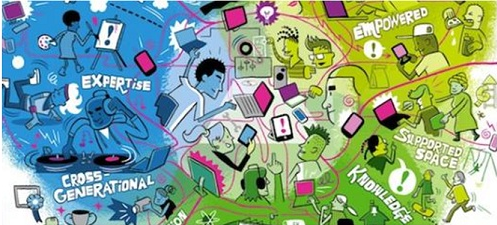Mentoring and social media: New research guides policy and practice
summarized by Evan Cutler, Asst. Director, Center for Evidence-Based Mentoring Schwartz, S. E. O., Rhodes, J. E., Liang, B., Sánchez, B., Spencer, R., Kremer, S., & Kanchewa, S. (2014). Mentoring in the digital age: Social media use in adult-youth relationships. Children and Youth Services Review, 47, 205-213. Introduction Digital communication (e.g. texting, emailing, Facebook, etc.) […]








